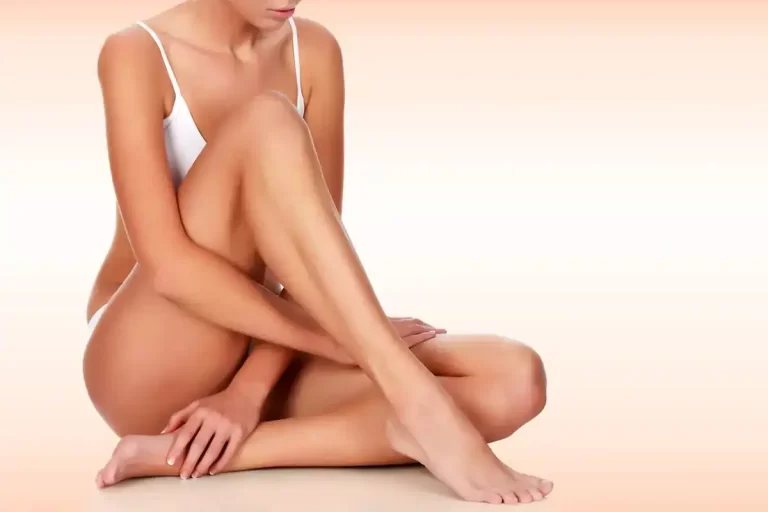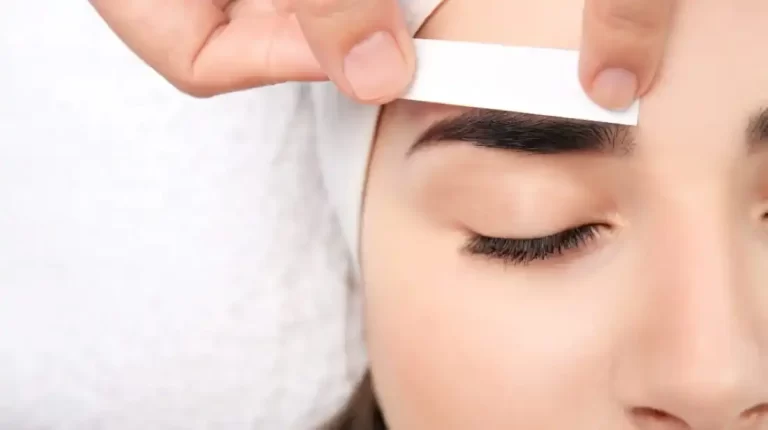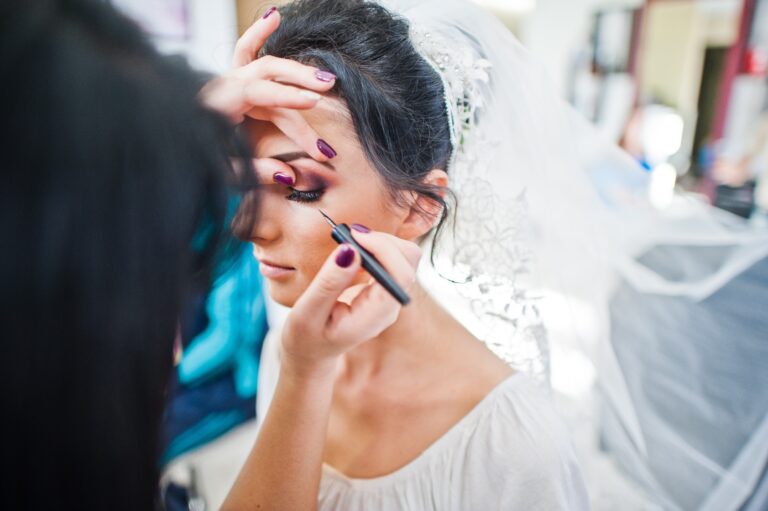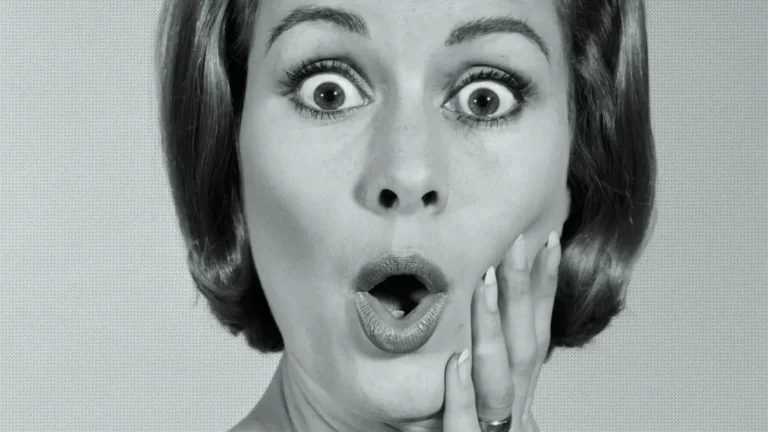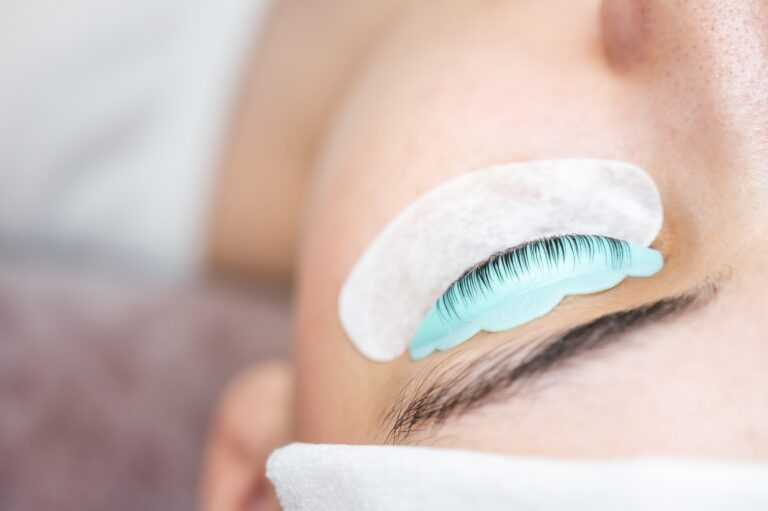
Stress affects everyone regardless of age, race, nationality or gender. It has been touted as a trigger for health conditions like inflammation, gastrointestinal disorders, asthma and even heart disease and diabetes, and much has been rhapsodized about how following a low-stress lifestyle is one of the keys to improving one’s quality of life. One doesn’t have to look far to see how the modern “wellness wave,” which can comprise of anything from the uptick in adaptogenic products to meditation retreats to a healthier work-life balance, has slowly taken over the collective—all to combat the debilitating effects of chronic stress.
From sleepless nights to fielding an unwanted blemish to weight fluctuations or even depression and Alzheimer’s disease—both the mental and physical manifestations of stress can show up in our bodies in a myriad of ways. For some of us, the lasting legacy of severe stress can even result in hair loss, which can actually be permanent if the root of the cause is not addressed.
But how does one keep stress at bay? It’s a pretty ubiquitous issue after all (and one that can pervade all aspects of our lives, from work to personal matters), and hair loss from stress can just as soon be a stressor in and of itself, resulting in an even more compounded problem! Below, we take a look at how to identify whether or not your compromised hair health is stress-related, which can help you come up with a solution and minimize the risk of hair loss. Read on:
What Types of Hair Loss Are Related to Stress?
A lot of things can contribute to hair loss: nutrient deficiency, over-styling digestive issues, free radical damage, hormonal imbalances, genetics, and yes, stress, can all affect hair wellness. Visiting your doctor to get your levels checked, getting proper nutrition, ensuring there are no physiological health problems at play, plus making sure you’ve got a good hair care routine can eliminate several of these factors.
Next, looking at the kind of hair fall you are experiencing can help you further narrow it down. There are two common types of hair loss related to stress: telogen effluvium and trichotillomania. They are slightly different and can offer more insight into the reason behind your hair loss.
Telogen effluvium is the technical name for temporary hair loss. Its onset is when a substantial shock happens to the body, and according to one study, occurs primarily to women. Hair moves from the growing stage (anagen) into the resting stage (telogen). Normally a person may lose 100 hairs a day, but with the onset of telogen effluvium, they may lose 300 hairs a day instead. The cause of this condition is wide-ranging and may include excessive sun exposure, weight loss or an unusual diet, psychological stress, childbirth, surgery, discontinuing contraceptive pills and certain medications. Telogen effluvium can be reversed, and after a period of time hair typically starts to grow back.
Trichotillomania, according to the American Psychiatric Association’s Diagnostic and Statistical Manual of Mental Disorders (DSM-5), is a chronic obsessive-compulsive disorder that involves excessive hair-pulling. Experts state that this disorder has multiple causes and that long-term treatment is required to manage the condition. The study also says that “many who suffer from TTM experience shame, struggle with low self-esteem and report repeated efforts to conceal hair loss.”
How Long Does Stress-Related Hair Loss Last?
Depending upon the type of stress-related hair loss one is afflicted with, hair may start growing back anytime within a few months to a few years. With telogen effluvium, according to an article in Medical News Today, once the “trigger (to hair loss) has been established and addressed, the hair cycle should normalize and hair will begin to grow back.” Experts say that hair will start to grow again within a few months of treatment, but that constant and chronic stress can delay this and have the condition persist for longer times.
According to the DSM-5, for those suffering from trichotillomania, hair may grow back along with continued long-term therapies to manage and reduce the negative behaviors. Depending on how much the scalp has been damaged, it may take months or years before hair may start to grow again. A scalp regimen, like weekly scrubs and serums, helps keep your scalp healthy and may provide a good foundation for healthy regrowth.
3 Ways to Stop Hair Loss from Stress
There are natural ways to reduce stress in your life, which in turn can help you in your quest to prevent hair loss. Try changing your diet by incorporating more protein and fruits and vegetables that contain anti-aging properties (blueberries, spinach or sweet potatoes are good places to start!).
You can also be more mindful about what time you go to sleep at night. If you need to, create a set time to go to bed to get around 8 hours of sleep to help reduce stress. Below, we offer some tips to help manage stress and possibly induce hair growth at the same time:
1. Yoga/meditation
Yoga is a gentle form of exercise that can not only alleviate stress but can also help you get fit. Almost every yoga class has a meditation section, usually at the end of the class. If your stress levels are high, look for soothing hatha yoga or Iyengar yoga classes.
2. Head massages
Head massages can stimulate hair growth by increasing blood circulation to the scalp, which feeds the hair follicles and encourages hair growth. When massaging your scalp, use the pads of your fingers, and massage your scalp no longer than 5 minutes at a time. You can also incorporate essential oils when massaging your scalp. Mix a few drops of an essential oil like lavender or rosemary with a carrier oil (olive, grapeseed, almond or apricot kernel) and gently massage it into your scalp.
3. Switch out your shampoos
When stressed, your hair can become delicate and easily prone to damage. Haircare products that contain sulfates can dry out hair even more. Try switching to gentle or organic shampoos and conditioners. Argan, jojoba and sunflower seed oils are ingredients to look for in shampoos and conditioners, as they are very gentle and have nourishing and moisturizing properties.
As stated earlier, the average person may lose 100 hairs a day. If you feel that you might be losing more hair than you normally do or have discovered small coin-shaped bald patches on the scalp or elsewhere on the body, it’s a good idea to speak with a medical professional. Board-certified dermatologists are trained to diagnose and help treat scalp issues and different types of hair loss, including hair loss caused by stress and/or autoimmune disease.
If you found this helpful then let me know in the comments section below. Want me to cover another topic of your interest pertaining to beauty? If so, then like us and follow us on social media, and post to any of our social media profiles the topic you’d like us to discuss: Facebook @GlaminatorBeauty | Twitter @GlaminatorBeauty | Instagram @GlaminatorBeauty


